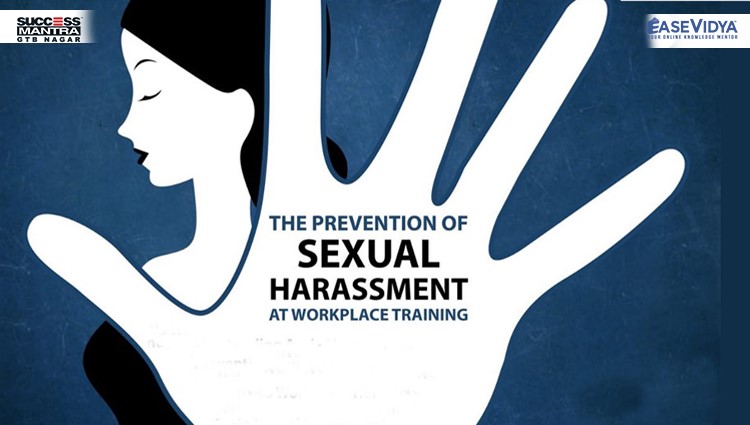
Prevention of sexual harassment or POSH act
Prevention of sexual harassment or POSH act
Kerala High Court has asked organisations associated with the film industry to take steps to constitute a joint committee to deal with cases of sexual harassment of women, in line with the Sexual Harassment of Women at Workplace (Prevention, Prohibition and Redressal) Act of 2013.
Vishaka guidelines
The Vishaka guidelines (legally binding) were laid down by the Supreme Court in a judgement in 1997. This was in a case filed by women’s rights groups, one of which was Vishaka.
- The guidelines defined sexual harassment and imposed three key obligations on institutions — prohibition, prevention, redress.
- The Supreme Court directed that they should establish a Complaints Committee, which would look into matters of sexual harassment of women at the workplace.
- The 2013 Act broadened these guidelines.
About the Sexual Harassment of Women at Workplace (Prevention, Prohibition and Redressal) Act of 2013:
The law against sexual harassment is commonly known as the prevention of sexual harassment or posh act, passed by Parliament in 2013.
Definition of sexual harassment:
Sexual Harassment of Women at Workplace (Prevention, Prohibition And Redressal) Act, 2013 defines sexual harassment:
It includes “any one or more” of the following “unwelcome acts or behaviour”committed directly or by implication: Physical contact and advances, Sexually coloured remarks, Showing pornography, A demand or request for sexual favours, Any other unwelcome physical, verbal or non-verbal conduct of sexual nature.
Key provisions of the act:
- This Act lays down the procedures for a complaint and inquiry and the action to be taken.
- It mandates that every employer constitute an Internal Complaints Committee (ICC) at each office or branch with 10 or more employees.
- It lays down the procedures and defines various aspects of sexual harassment.
- A woman can be of any age, whether employed or not, who “alleges to have been subjected to any act of sexual harassment”, that means the rights of all the women working or visiting any workplace, in any capacity, are protected under the Act.
Need for stricter provisions:
- The 2013 Act has entrusted the powers of a civil court to the Internal Complaints Committee (ICC)without specifying if the members need to have a legal background. This was a major lacuna given that the ICC formed an important grievance redressal mechanism under the framework of the act.
- The 2013 act only imposed a fine of ₹50,000 on employers for non-compliance with respect to the constitution of the ICC. This proved to be insufficient in ensuring that the employers constituted the ICC in a time-bound manner.












0 Comment